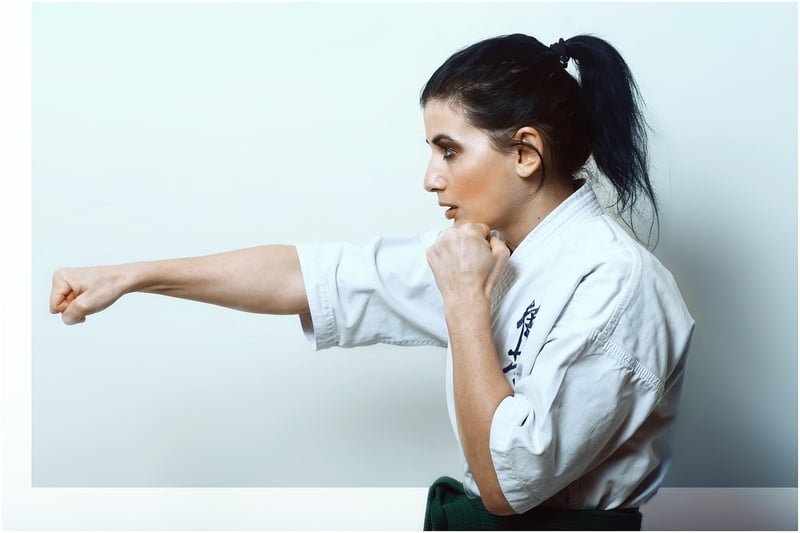Judo
The Art of Self-Defense: A Guide to Judo

Introduction to Self-Defense
Self-defense is a crucial skill that empowers individuals to protect themselves in various situations. While there are many forms of self-defense practices, Judo stands out as a highly effective martial art that focuses on using an opponent's strength against them.
Benefits of Judo for Self-Defense
- Develops physical strength and agility
- Enhances mental focus and discipline
- Improves self-confidence and self-awareness
- Teaches effective techniques for neutralizing threats
Key Principles of Judo
Judo, which translates to "gentle way," emphasizes the following principles:
- Jita Kyoei (Mutual Benefit): The idea of working together for mutual welfare and benefit.
- Seiryoku Zenyo (Maximum Efficiency): Using minimal effort for maximum results.
- Judo Techniques: Throws, holds, locks, and pins that enable practitioners to control and subdue opponents.
Training in Judo
Training in Judo involves practicing various techniques, sparring with partners, and learning how to fall safely. By honing these skills, individuals can effectively defend themselves in real-life situations.
Conclusion
Learning Judo for self-defense not only equips individuals with practical skills but also instills valuable traits such as respect, humility, and perseverance. Consider enrolling in a Judo class to empower yourself both physically and mentally.
Stay safe, stay empowered!
